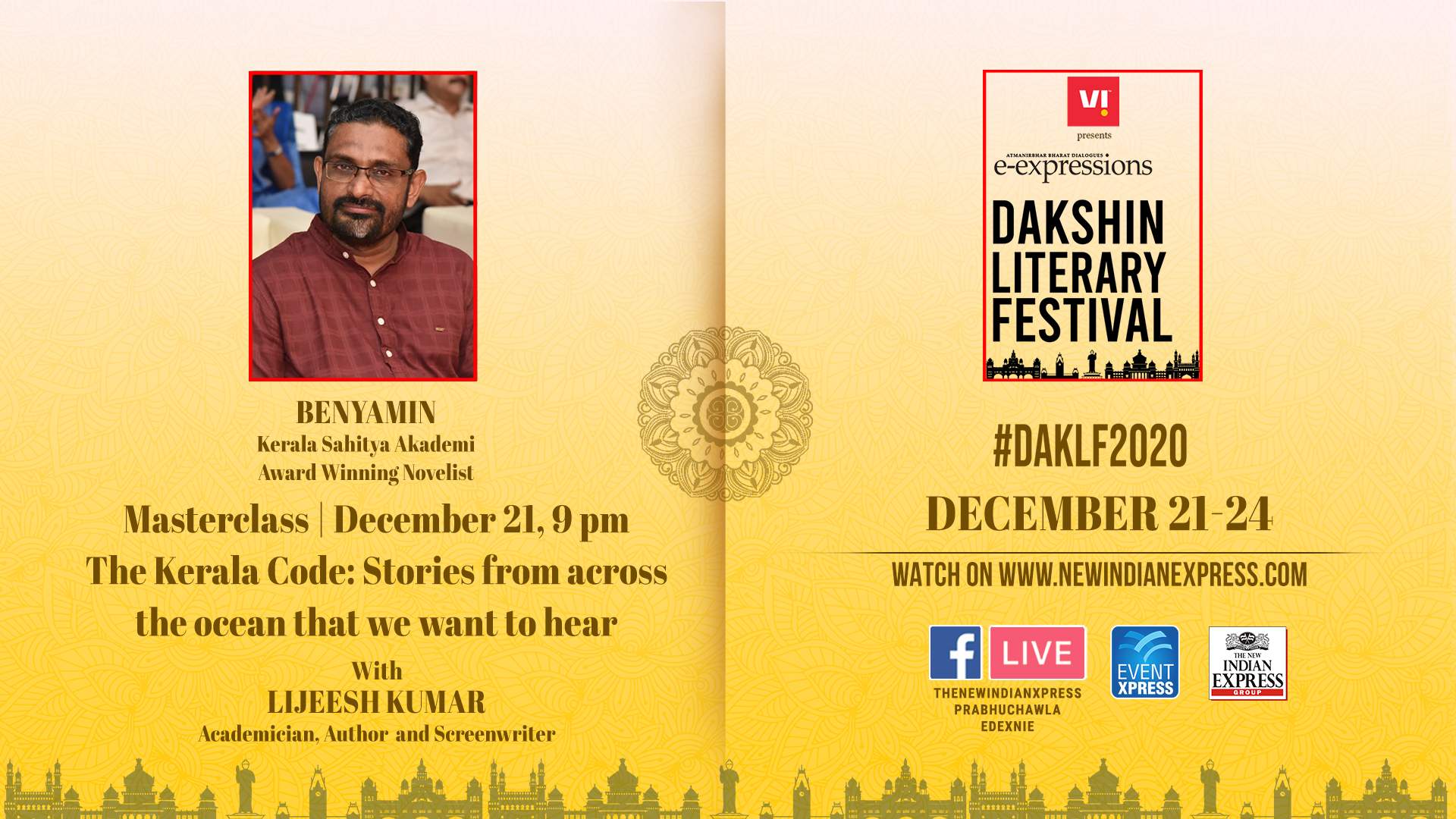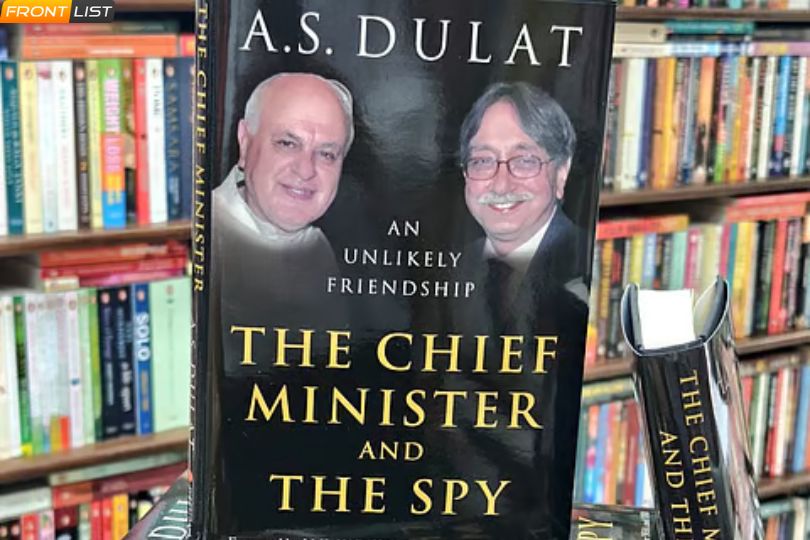Frontlist | Lack of good translators is a hinderance for Malayalam literature
Frontlist | Lack of good translators is a hinderance for Malayalam literatureon Dec 22, 2020

Somebody who shares an unbiased love for travelling and spending time alone at home, the author is now waiting to go out of his house, travel and meet people. But lockdown wasn't all that bad for him. I started taking up reading challenges with people. Along with a few other writers, I authored a book. In fact, I even finished writing another book during the lockdown, he said.
His latest book Nishabda Sancharangal (Silent Journeys) talks about women and their travelling. I pondered over this novel after an author asked me if I could document the journeys that women have undertaken. Historically, women started travelling even before men, he said, adding that one cannot talk about a place in South Indian without mentioning people who have left for abroad. My village in Kerala is quite vivid. It has people who have migrated to various parts of the world. That has altered the perspectives and viewpoints of people there, he said.
Benyamin had spent the first two decades of his life there, before moving to West Asia. Viewing our land from outside gives us a different perspective. My time abroad helped me view things satirically. It altered my perspective. It also made me realise my privileges and freedom, he said.
Dakshin Literary Festival
Frontlist Book News
Frontlist India news
Frontlist Latest news
Google news
Indian Authors News Frontlist
Malayalam Authors News Frontlist
Malayalam Literature
Nishabda Sancharangal
Sahitya akademi award
Shashi Tharoor



.jpg)






.jpg)

.jpg)
.jpg)
.jpg)
.jpg)

.jpg)










Sorry! No comment found for this post.